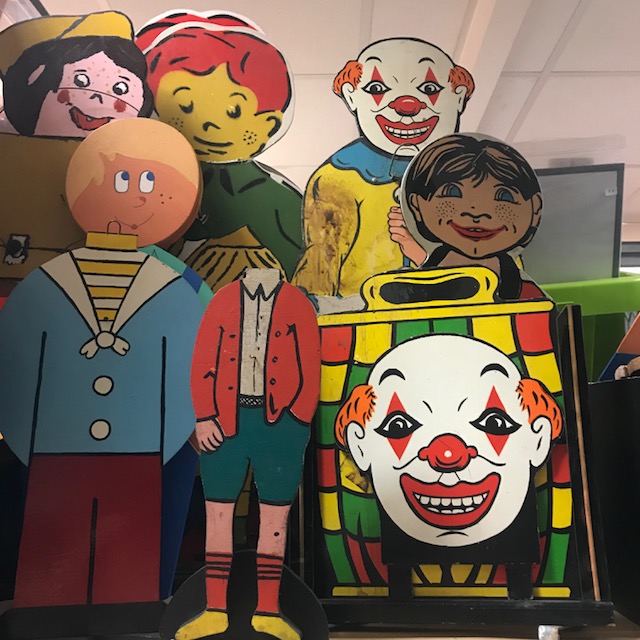
Another great question at the Genii Forum recently! It really got me thinking, and I enjoyed making up my mind and drafting an answer to myself. Maybe you want to consider it, too?
Here’s my take:
Like many others, I also don’t know why, but from early on, long before my first books or magic sets, I have simply been fascinated by magic, mysteries, secrets, riddles, and unanswered questions. I begged my parents to let me watch every magic bit on TV. I once dived into every available bit on Erich von Däniken’s claims about ancient alien astronauts on earth; I read about Area 51, the Bermuda Triangle, the Philadelphia Experiment, secret societies, spies and agents, gamblers and cheaters, fake psychics and the possibility of afterlife. Basically everything beyond our sheltered daily life, our book learnings and our “known knowns,” I guess.
But magic struck the deepest and has stuck the longest. Something just clicked.
Just a romantic thought: Maybe we are not discovering magic; maybe we are being chosen by our Goddess Maja, first as tried and tested disciples, later as conspired keepers of the secrets and worthy bearers of wonder and astonishment? Wouldn’t that be wonderful? A secret, sworn-in league of the knowing, wearing funny ties with playing cards motifs, swaying colorful silks and feather flowers…
I don’t need to see every show and trickster or the latest fad, but I’m fond of and grateful for many magic moments I have experienced (Copperfield’s “Flying” being just one of them). They felt warm and intense, and, for a moment, boundless. What a promise, what a sensation! I long for more of these.
I also don’t need to perform all the time, but I’m happy when I manage to create a small magic moment for a few spectators and see their eyes wide open and their minds racing.
I love the richness and diversity of magic, its universal appeal and the human condition on which it thrives. History, culture, theater, technology, dexterity, psychology and so much more—it’s all there, and I enjoy reading and discovering magic stories, principles, and effects.
I love sharing and discussing these with other magic buffs on a non-competitive level.
I love toying selfishly with props and ideas late at night, fiddling in front of the mirror, cutting and glueing cardboard stuff at the kitchen table, getting into the flow with nothing but my imagination and a pinch of woofledust.
And, sitting in the huge library of the emerging Magic Arts Foundation here in Germany, or browsing through their breath-taking files and boxes of props, I feel happy, I take in the power and beauty of our art and I feel I belong to, at least like a small rhinestone under the twinkling firmament, the mighty magic universe we have to preserve and yet to explore further, without ever fully grasping it.
Some key questions for you if you care to make up your mind, too:
1. How did you get into magic?
2. What is it that still attracts you to magic, after all these years?
3. What do you expect from magic, and what do you enjoy the most?
4. For whom do you do magic?
5. What do you want to express or give back through your magic?
—Your take!
My magic friend Paco from Spain kindly took the time to answer my questions from his perspective. Please click „comments“ below to read his thoughts.
Muchas gracias, amigo!

